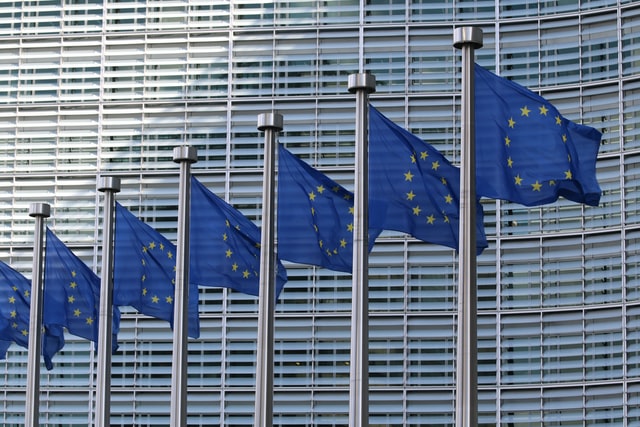What’s your bet the EU will be in good shape on Jan 1, 2028?

I voted against Brexit but could be excused for wondering if all the angst over the Leavers’ push to get Britain to leave the European Union (EU) will matter in the long term.
My reasoning is simple. The EU is showing the strains of presenting a united front, especially with the war in #Ukraine pushing countries like Poland and Hungary to occasional positions of individualist magnificence.
What happened recently makes one wonder if it would be wise to place a bet on the EU remaining a viable alliance of 27 member states, come January 1, 2028. That will be the 70th anniversary of the day the Treaty of Rome entered into force, thereby laying the foundations of the modern EU.
What happened recently makes one wonder if it would be wise to place a bet on the EU remaining a viable alliance of 27 member states, come January 1, 2028. That will be the 70th anniversary of the day the Treaty of Rome entered into force, thereby laying the foundations of the modern EU.
As the EU itself notes, at inception it was ”primarily an economic organisation”, only to eventually evolve “into a project to guarantee high levels of social protection for its citizens”.
The problem, of course, is differing ideas of what constitutes social protection while maintaining European unity. In France, it may be a special scheme that assures the welfare of agricultural workers. In the Netherlands, the effort may be put into the pension system, which is considered one of the best in the world. In Denmark, Finland, Norway and Sweden, the state believes social protection must cover help with the home, with home nursing and care for children, young people, and elderly and disabled people.
In Poland and Hungary, it turns out the import of Ukrainian wheat, corn and other foods goes against the idea of social protection. Their farmers are annoyed by the glut on the market and falling incomes, so both countries have decided to restrict Ukrainian imports at least until June.
On April 15, Hungary’s agriculture minister said that “in the absence of meaningful EU measures,” his country would follow Poland in restricting Ukrainian grain imports. The statement came 24 hours after Warsaw reached a deal with Kyiv to limit and, for a time, halt Ukrainian grain deliveries to Poland. The country’s governing Law and Justice party (PiS), which has a predominantly conservative, rural base, is worried about the effect of the grain issue on elections due in October.
And with Hungarian farmers also seeing their earnings slide, Viktor Orban’s government has moved to keep them happy rather than Eurocrats in Brussels.
Naturally, the EU isn’t happy and it has criticised such unilateral measures as “unacceptable” considering the bloc as a whole had lifted tariffs on Ukrainian grain last year to help transport it to the rest of the world.
A spokesperson for the European Commission, the European Union’s executive arm, has said that this sort of trade policy is a matter of “EU exclusive competence” and is not meant to be executed by countries on their own.
But we don’t hear Warsaw or Budapest apologising or reversing course. What’s your bet the EU won’t be a two-stroke alliance by January 1, 2028?

